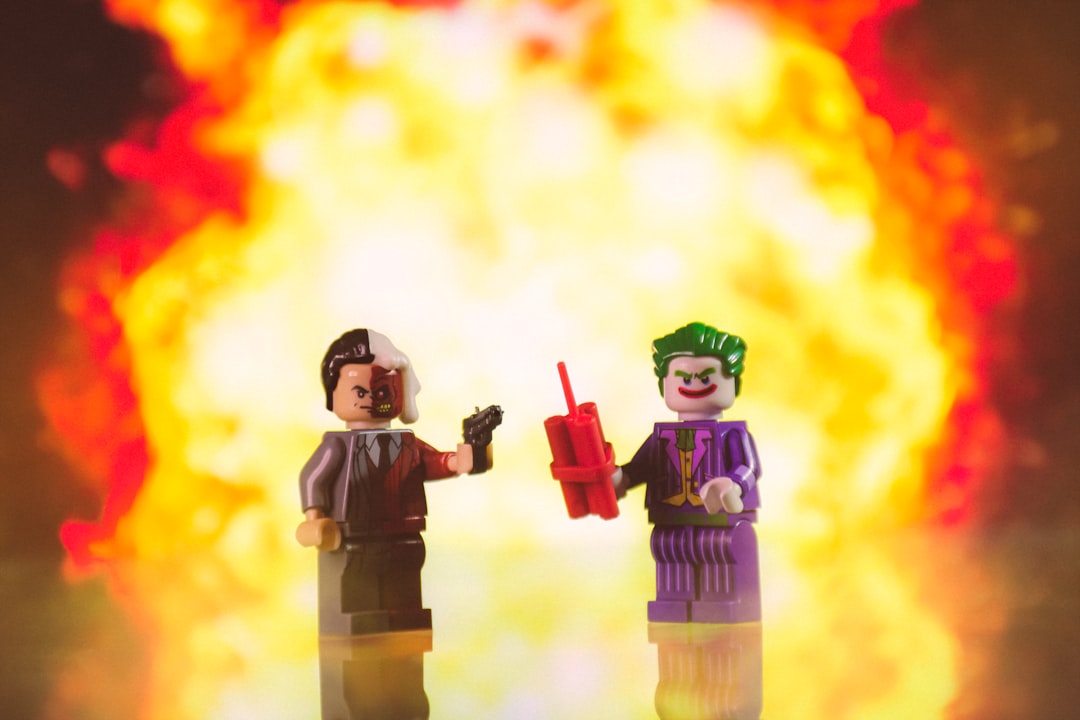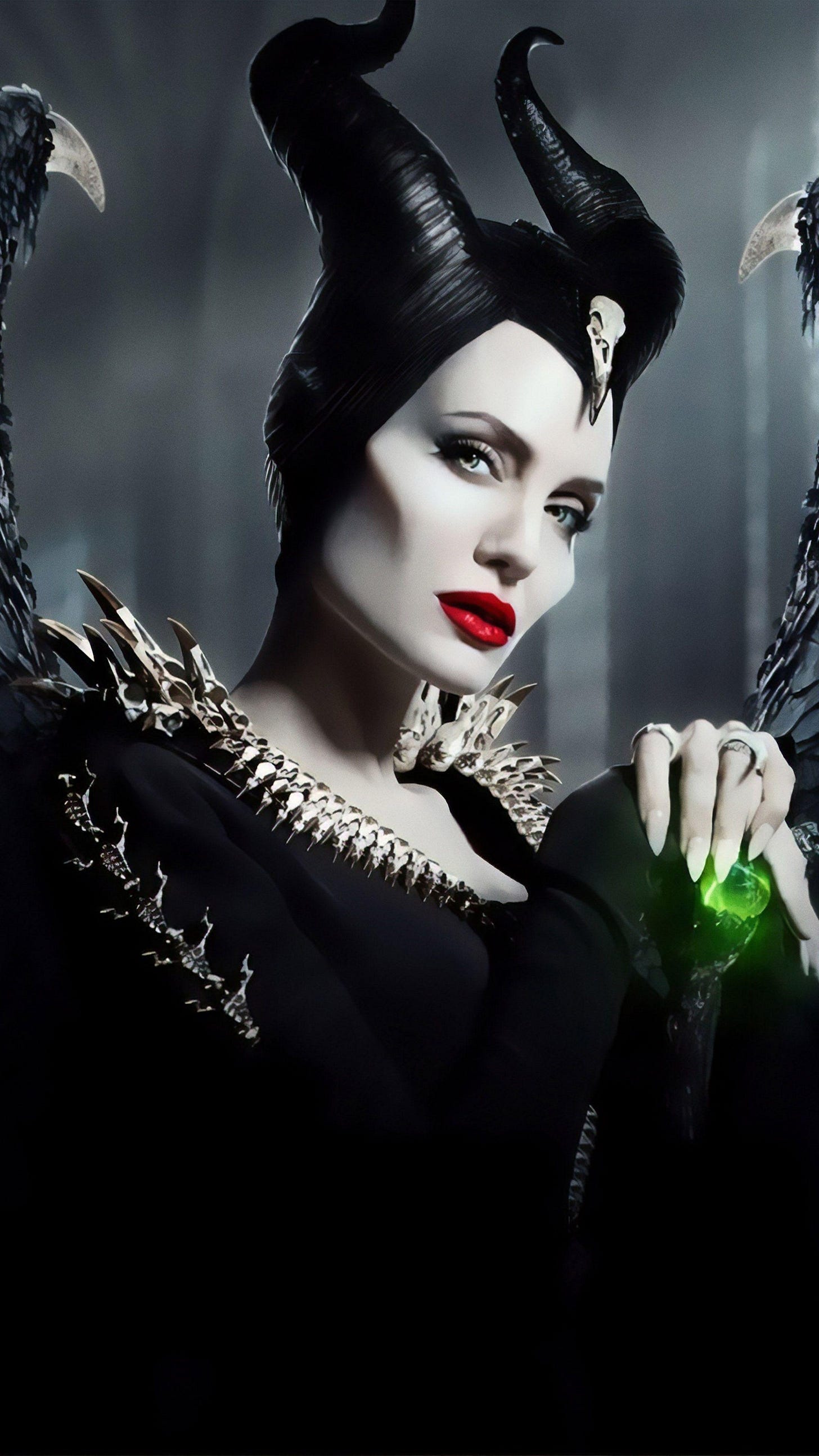Why We (Desperately) Need Bad Guys
And news...

The first time I watched The Office, it reminded me of Jane Austen. What, didn’t it remind you of Austen? Then I discovered that the show was based on The Office UK, which settled it.
In arriving at this conclusion, I did not assume that when the show was first pitched, the creators said, “for this crass take on modern, cubicle life, we went to early Victorian literature about nostalgic cottages for inspiration. You know, the kind with ivy growing up the sides?”
And it goes without saying, but I’ll say it anyways, that I do not see any similarities between Austen and The Office regarding morals, worldview… or much else. You might say, “Well, if you take all of that out, what resemblances could possibly remain?”
As I’ve mentioned before, when consuming stories, we need to see past the outer trappings and understand the inner stories.
Classic British literature is often directed at human foibles, vices, faults, and strengths in the characters rather than a heart-pulsing plot. In short, I believe Austen exercised a massive influence over Brit lit. From Mrs. Bennet, to the Famous Mr. Toad, to Eeyore, to Bertie Wooster to Augustus Gloop…
How do stories help you?
What is the purpose of stories…?
Some say that the purpose is “to instruct and delight.” Yes, but this classic definition leaves me unsatisfied.
As I mentioned here, stories are how we see the world, how we frame reality, organize chaos, how we bring meaning, and how we understand what the heck is going on.
Some stories show us *who we really are.*
The Office and Austen’s stories fall in this category.
They are a study in vice and virtue; as I mentioned here, The Office is a comedy of manners.
There is a lot to not like about The Office, but they got one thing right, and that thing is crucial: We should have the right kinds of villains in our stories.
I would argue that in most American movies and novels we massively fail at our bad guys.
American Bad Guys
It might not strike you at first. You might think—wait a minute, there are plenty of characters with foibles and vices in American film and literature. Jane doesn’t own the “character” market. True, but there is a fundamental difference.
The difference is this: in American film and literature, we tend to alienate ourselves from “bad” behavior instead of recognizing it in ourselves.
"Big Boss” Bad guys
Americans favor two kinds of villains. The first type is the god-playing, world-conquering, gun-slinging, maniacally laughing, trash-talking scoundrel. Thanos, The Joker, or the Tasmanian Devil—to name a few. The hardened reprobate. They know they are evil and are not even sorry about it. They probably don’t believe in Christmas.
We do not sympathize with them. We probably won’t see them in real life. Well, there might be that greasy, nasty guy down the street who never leaves his mother’s basement… you know he’s up to no good.
We do not see ourselves in those types of bad guys. We do not learn much from them. We might learn a little… Hitler existed. But it might have been more helpful if Hitler had someone in his life much earlier on who could get a stiff read on him. Back when he appeared harmless. When he seemed like a regular Jo with a temper problem. When people might have felt tempted to say, “Yeah, Hitler has an ego, but give him a break; he’s had a bad day. Life is complicated. Don’t be so judgy.”
When we only see those types of bad guys in all their cartoonish glory, we see them from a distance. We feel alienated from them. We think, ok, I might have blown up at my sister earlier, but at least I’m not like Yosemite Sam.
Austen wants us to recognize what sin walks and talks like in subtler forms, which is why having the right kind of villain is so important. This brings me to the second kind of common American bad guy.
You might think, “Wait, Americans also have other kinds of antagonists. Not all our villains are superhero nemeses’. We have complicated, subtle foes, right? The mean girl from school, the guy with the complicated past, the lonely desperado…”
The “Misunderstood” Bad Guy
The second kind of villain Americans have a whole lot of is the “misunderstood" bad guy. In movies like Maleficent and Moana, there is no actual villain. It’s all just a big misunderstanding. He had a hard time when he was three and is acting out now. He ran out of choices. She was pushed to desperation by circumstances. We psychoanalyze them, we excuse them, we sympathize.
People are complicated, and that is a crucial point. Circumstances are influencers. But Americans act like that is the entire story. Again we distance ourselves from evil. The evil is always *out there*… the system, society, discrimination, corporations. Evil is defined as “hard times” rather than something in our hearts.
As an aside, conversely, I do not think that all British film or literature demonstrates the opposite (especially today). Merely, we can trace a widely different historical emphasis.
You might think, “I just watched an American film with a bad guy who did not fall into either of those categories. She was just a petty, evil stepmother who wanted to be the loveliest of all." There are exceptions, but even in most of those cases, there is still a major difference.
Why is it so important to have stories with the right kind of bad guy? We must learn how to recognize subtle human behavior, both in others and in ourselves.
There are plenty of them running around loose. In one sense, we are all bad guys (Romans 1). Stories simply give us the eyes to see it.
God calls his people to “have their powers of discernment trained by constant practice to distinguish good from evil” (Hebrews 5:14).
So read some Austen.



I completely agree with this article. Good villains make a better hero. Different kinds of villains bring out different kinds of heroes. I love what you are saying! Your new jobs sounds very interesting. I would love to do this kind of thing; writing about things you are passionate about and getting paid for it! I just want to know how you got it? You mentioned that you got a creative writing degree. Did you need that degree for this job? Did you need some kind of degree in writing or was that just proof of experience you have had? I would love to know more about your job and what kind of advice you have for a young writer.
Great stuff, Noelle!
Glad your blog writing gig is going well : )